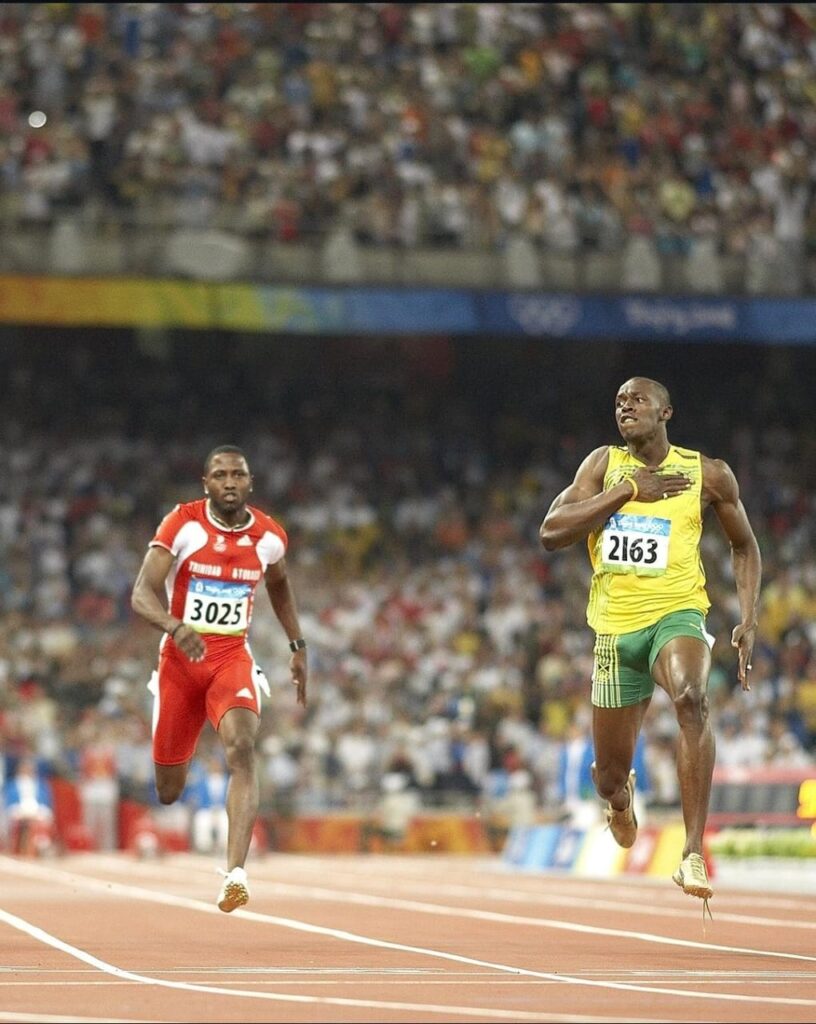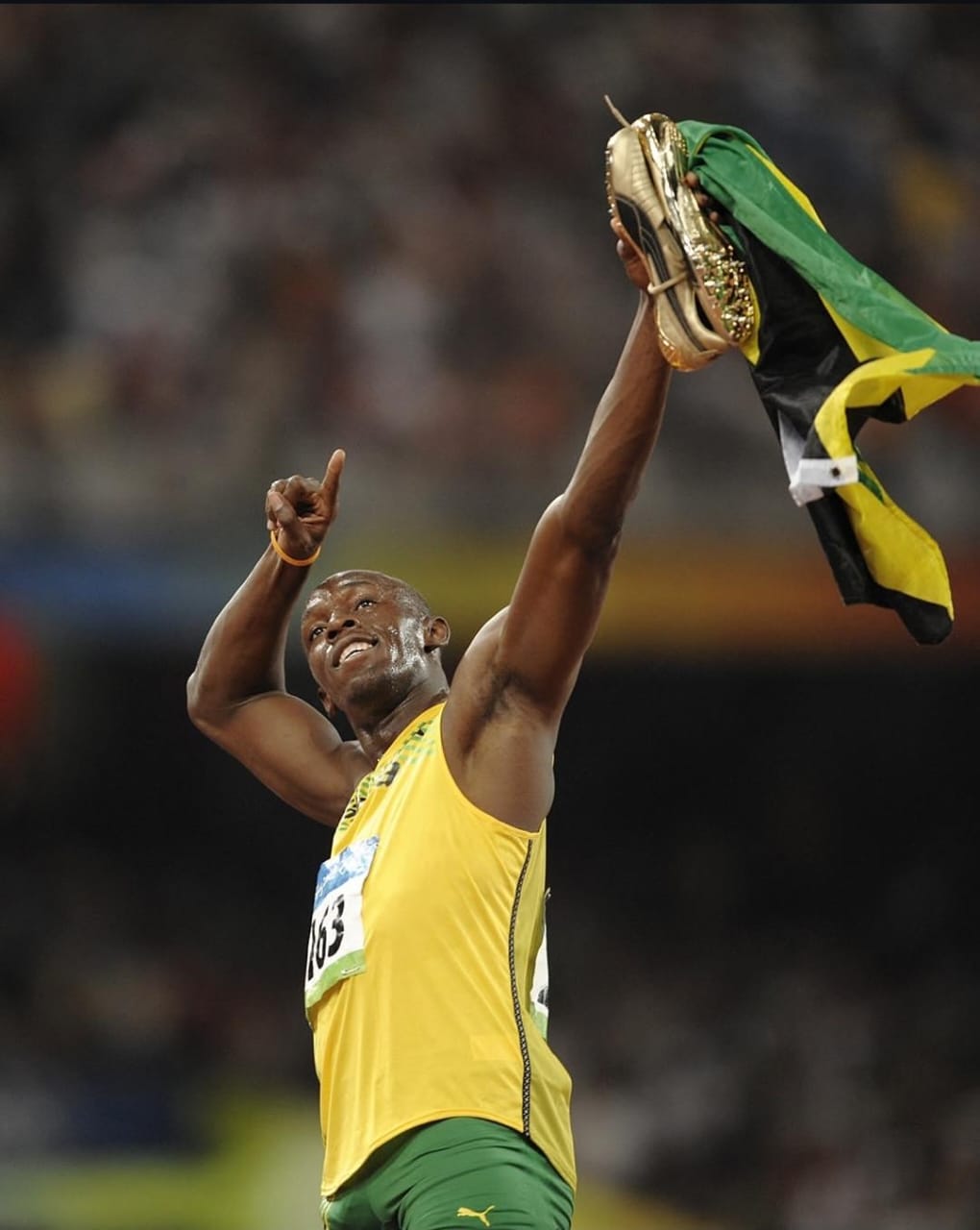When it comes to sprinting greatness, few names resonate louder than Usain Bolt. The Jamaican icon, now 38, carved out an unparalleled legacy in athletics, winning eight Olympic gold medals and 11 World Championship titles.
With his electrifying speed and larger-than-life personality, Bolt became the face of sprinting, holding the 100m world record of 9.58 seconds since 2009, a mark that continues to defy generations of athletes.
But behind the scenes of his glittering career, there was a fascinating moment of tactical decision-making that saw Bolt steered away from a potential high-stakes clash with a familiar face.
The Rivalry That Almost Was
In 2023, Yohan Blake reignited conversations about what could have been. Speaking candidly on Track alert the sprinter, who trained alongside Usain Bolt under the watchful eye of legendary coach Glen Mills, suggested that with different circumstances, he might have dethroned the world’s fastest man.
“Usain Bolt is a great king and if it wasn’t for certain things, I could’ve taken over.
I give him all the respect he deserves; I have been training with him over the last 10 years and trust me, he’s not a normal man,” Blake remarked.
Their rivalry was no secret. In fact, ahead of the final stretch of the 2012 athletics season, anticipation for a head-to-head showdown between the two sprinters was at an all-time high. Fans and organizers were eager to witness a potential repeat of their Olympic final battles. However, Usain Bolt’s coach, Glen Mills, had other ideas.
Why Glen Mills Stepped In

According to a report by The Telegraph, Coach Mills advised Usain Bolt against racing Blake in the final races of the season. The reasoning was strategic, to avoid unnecessary risk as Bolt aimed to wrap up his remaining commitments without sustaining injuries.
The report read:
“Bolt said he had been advised by Glen Mills, the coach he shares with Blake, not to race his training partner in the last few races of the season and to concentrate on fulfilling his remaining commitments without picking up an injury.”
There was also a financial angle to the decision. Organizers were eager to stage a lucrative sprinting duel between the two stars, with the Zurich meeting even attempting to broker a deal. However, negotiations reportedly fell short of the financial figures both athletes sought.
Blake himself addressed the situation at the time, stating:
“I would run with Usain any day, he’s my training partner.
I would love to run with him, but they have to put up big money.”
Legacy Over Rivalry
For Usain Bolt, it was a calculated move, protecting his body, managing his brand, and focusing on long-term goals rather than immediate rivalries. It was a testament to the shrewd management behind the scenes of elite athletics, where every race decision can carry lasting implications.
Today, both men remain legends in their own right. While Usain Bolt’s records and charisma continue to define modern sprinting, Blake’s career stands as one of the most formidable of his generation.


